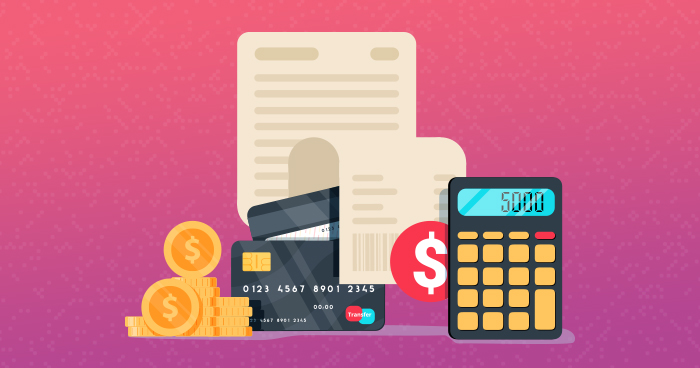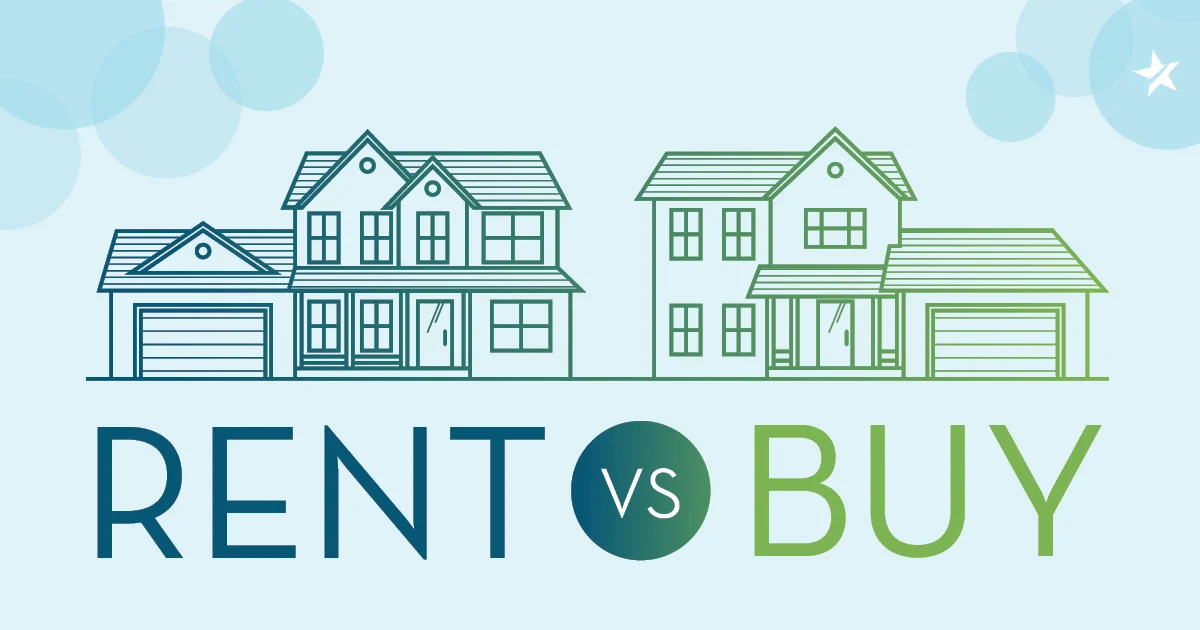The decision to rent or buy a home is one of the most significant financial choices Canadians face. Each option comes with its own set of advantages and challenges, and the right choice depends on individual circumstances, market conditions, and long-term goals. This paper examines the financial implications of renting versus buying in Canada, providing insight into how each path impacts personal wealth and lifestyle.
Initial Costs
Buying a home involves substantial upfront costs. These include the down payment, which typically ranges from 5% to 20% of the property’s purchase price, as well as closing costs such as legal fees, land transfer taxes, and title insurance. For example, a $500,000 home may require a down payment of $25,000 to $100,000, plus additional closing costs of approximately $10,000 to $20,000.
Renting, by contrast, has significantly lower initial costs. Tenants typically pay a security deposit and the first month’s rent upfront, which may total a few thousand dollars. This lower barrier to entry makes renting an attractive option for those with limited savings or who prioritize financial flexibility.

Monthly Expenses
Monthly expenses for homeowners generally include mortgage payments, property taxes, home insurance, utilities, and ongoing maintenance. While mortgage payments contribute to building equity, other costs such as taxes and maintenance represent ongoing expenses without direct financial returns. Homeowners must also account for potential interest rate increases, which can raise mortgage costs for those with variable-rate loans.
Renters face fewer fixed monthly costs, limited primarily to rent, utilities, and renters’ insurance. Rental payments do not build equity but often provide predictable expenses, particularly in markets with rent control. Additionally, renters are not responsible for maintenance or repair costs, which are typically covered by the landlord.
Long-Term Financial Implications
One of the most significant advantages of homeownership is the potential for long-term wealth building through property appreciation. Over time, Canadian real estate has generally increased in value, offering homeowners the opportunity to build equity. For example, a home purchased for $500,000 may be worth $750,000 or more after 10 to 15 years, depending on market conditions. This appreciation can provide a significant financial cushion or serve as a foundation for retirement planning.
Renters, on the other hand, do not benefit from property appreciation but may have greater opportunities to invest their savings elsewhere. Money that would have gone toward a down payment or maintenance can instead be allocated to investments such as stocks, bonds, or mutual funds. Over time, these investments can also grow, offering potential financial returns comparable to or exceeding those of real estate, depending on market performance and risk tolerance.
Flexibility and Lifestyle
Renting offers greater flexibility, making it ideal for individuals with transient lifestyles or uncertain long-term plans. Tenants can relocate more easily, avoiding the time and costs associated with selling a property. This flexibility is particularly advantageous in cities with fluctuating job markets or for those who anticipate career or lifestyle changes.
Homeownership provides stability and the freedom to customize and modify a property to suit personal preferences. However, it ties individuals to a specific location and requires a long-term commitment to realize financial benefits. Selling a home can take time and involves additional costs, such as realtor fees and potential capital gains taxes for non-primary residences.

Market Conditions and Timing
The financial viability of renting versus buying often depends on local market conditions. In cities like Toronto and Vancouver, where property prices are high, renting may be more affordable in the short term. However, in smaller cities or regions with lower home prices, buying may offer a more attractive cost-to-benefit ratio.
Timing also plays a critical role. In a market with rapidly rising property values, buying sooner may allow individuals to benefit from appreciation. Conversely, in markets with declining or stagnant prices, renting may offer greater financial security.
Hidden Costs and Risks
Homeownership comes with additional hidden costs, such as major repairs, renovations, and unexpected emergencies. These costs can add up significantly over time and may erode the financial advantages of owning a home. For example, replacing a roof or repairing a foundation can cost tens of thousands of dollars.
Renters are shielded from these risks, as landlords are responsible for property maintenance and repairs. However, renters face the risk of rent increases, eviction, or difficulty finding suitable accommodations in competitive markets.
Conclusion
The choice between renting and buying in Canada involves careful consideration of financial goals, lifestyle preferences, and market conditions. Homeownership offers the potential for long-term wealth building and stability but requires significant upfront costs and a long-term commitment. Renting provides financial flexibility, lower initial expenses, and protection from market volatility but does not build equity.
Ultimately, the decision should align with an individual’s financial situation, career plans, and personal priorities. Whether renting or buying, understanding the long-term financial implications of each option is essential for making an informed and confident choice.

